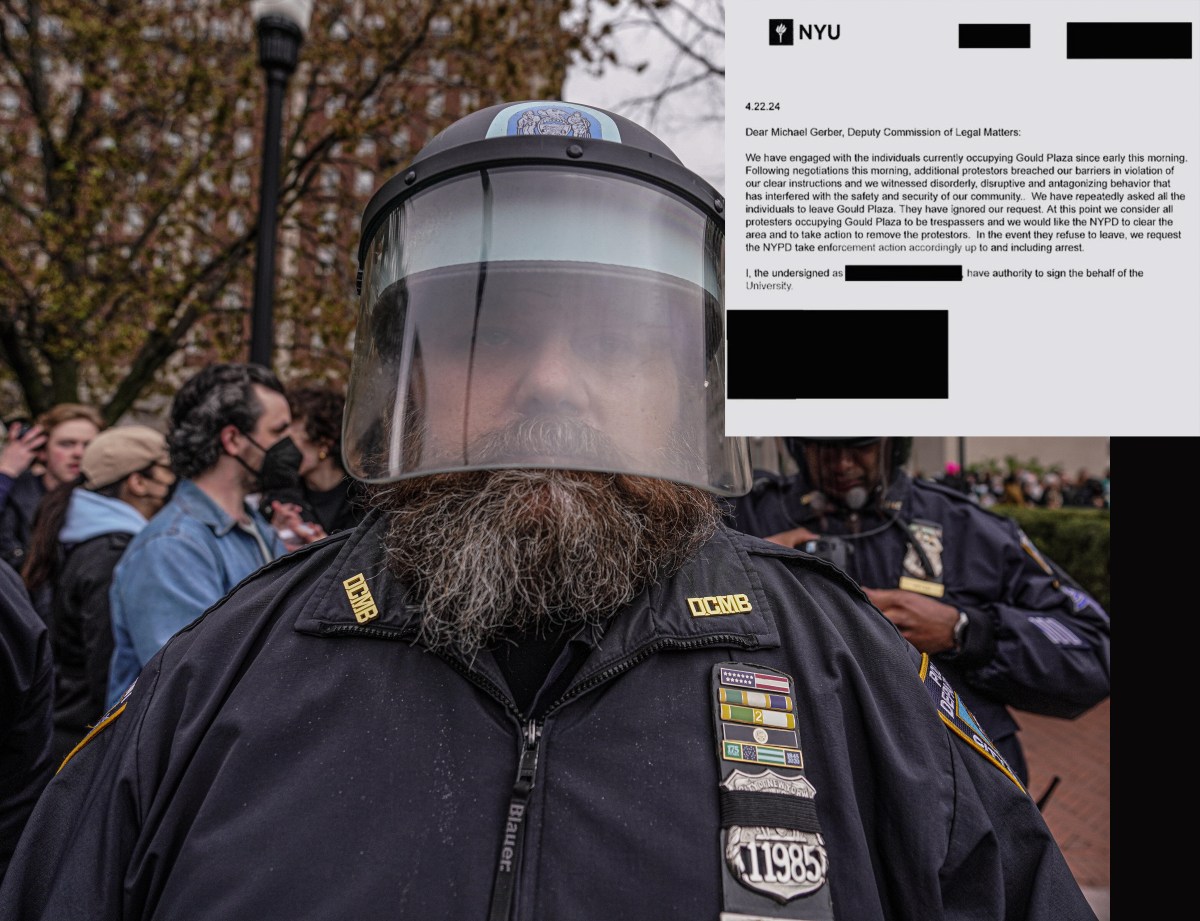With “Gemma Bovery,” Gemma Arterton joins Kristin Scott Thomas on the list of English actors who can speak French in French movies. In the film, she plays an Englishwoman who moves to the south of France and attracts the attention of an academic-turned-baker (Fabrice Luchini), who thinks she’s reminiscent of the hero of Flaubert’s “Madame Bovary.” Arterton herself fared better on her trip to France, which is also a country that offers better roles for women than the fare she was being offered in Hollywood. Indeed, after breaking through with roles in “Quantum of Solace,” “Clash of the Titans” and “Prince of Persia,” she has segued into almost exclusively smaller and more challenging films. Had you been looking to do a film in France?
No, it just came by chance. It really changed my life, this film. I didn’t speak French before, and I was seduced by the fact that I’d have to learn French in a very short amount of time. So I learned French and now I speak fluent French. I moved over to Paris, and now I live between London and Paris. And I met my boyfriend, who’s French. The whole thing is because of this movie. [Laughs] Now I have a French agent, and I and I’m starting to work in France in French-language movies, which is a dream for me. They make many more movies in France than in the U.K., and many more of my type of movies. This whole new door is open. I wasn’t looking for it to open. What method did you use to learn French so quickly?
I did this intensive two-week, really hardcore French course, where you stay in a family’s house. I would have breakfast and dinner with them, and then do eight hours of one-on-one French lessons. When I went there I didn’t speak any French. When I left I had enough in me to start speaking French to people. It must be strange, at first, to act in a language you’re new to.
At the point of shooting I was only six months into learning French. I wanted to be able to improvise between the lines. I was working with an actor who was incredibly erudite and lingual: Fabrice Luchini, who is known for going off on massive tangents about literature. I wanted to have a modicum of comprehension with him, even though most of the time I couldn’t understand what he was saying. I would just nod and smile. When you learn another language you have to learn it physically rather than mentally. When you speak in a language or an accent that you’re not completely secure with, you often to it in a different voice. I know that when I speak French I speak a little higher. The director, Anne Fontaine, has had experience with American actors who had to learn French. They had to learn it phonetically and rhythmically. She said you need to walk around with the text, to do something physical, like washing up, while you’re learning it, so you can be comfortable with it on the day. Have you gotten to the point where you can read “Madame Bovary” in French, which is often said, more than other translated novels, to be the ideal way to read it?
I haven’t! Maybe I should now. My reading is pretty bad. All I read in French is magazines and newspapers. Newspapers are good because you learn new vocabulary. But I haven’t read a proper French novel. Maybe I’ll start with “Madame Bovary.” [Laughs] This is your second film based on a work by Posy Simmonds, who also did a twist on “Far from the Madding Crowd” called “Tamara Drewe.” Both lead characters in “Madding” and “Bovary” are proto-feminist icons too. I think Madame Bovary is much more provincial. She’s definitely not as confident as Bathsheba [Everdene, “Madding”’s protagonist]. She is rather banal, Madame Bovary. Towards the end she finds who she is and who she wants to be. She goes on many adventures to try and find that. That happens with a lot of young women. Do not get married young! [Laughs] France seems to be much more open than most national cinemas at depicting women as having healthy sexual appetites.
I think it’s dodgy ground to walk on. Depicting a woman as sexually promiscuous is not the way that people want to depict women, generally. I think we want to make sure women are in check. Women aren’t like that. In France there are so many movies with women in it, doing things their own way. That’s very French. The idea of mistresses and lovers is much more regular in France. In the U.K. we tend to be a little bit more conservative. [Laughs] We’d rather not talk about that kind of thing. Even when I did “Tamara Drewe,” which is a similar vibe, I didn’t even know if I liked her when I first read it. I was like, “This is a woman who sleeps around with all these different guys.” But then, all the guys are also sleeping around. All the guys she sleeps with are also shagging other people. But no one ever talks about that. They always talk about the woman like she was a slut. That’s funny and strange. You’ve done your share of big Hollywood films, though over the last couple years you’ve done smaller, artier fare. It doesn’t seem like there are too many interesting roles for women in Hollywood. No, there’s not. I mean, it’s sad. And if there are it’s always going to go to the Oscar winner or the very, very famous person. But even those parts aren’t that interesting. [Laughs] The woman is usually the accessory. That’s why I started my production company. I have this list of all these amazing women that no one’s ever heard about. I think it’s the beginning of a new era for women in cinema. Every interview you read with a female director or a female actor, they’re talking about that. It’s only a matter of time before people put things into their own hands and do it themselves. Personally, I can get the most interesting part in the theater. Why can’t I do that in film? In Ibsen and Shakespeare, most of the interesting parts are for women in their 40s. Why isn’t that translating in cinema, in Hollywood? I feel like every time I talk to a female director or female actor I’m always asking about this, especially since Patricia Arquette’s Oscar speech.
It’s great, though. It’s such a movement now. It’s exciting now because there’s new producers — women who are producing and even men who are saying they want to tell [women’s stories]. A producer I’ve worked with a lot [Stephen Wooley], who just produced “Carol,” most of his films are about women. He develops scripts with strong women. That’s what he does. I think that’s brilliant. We need more people like that.
Gemma Arterton on learning French and Hollywood’s lack of good female roles
Follow Matt Prigge on Twitter @mattprigge


















